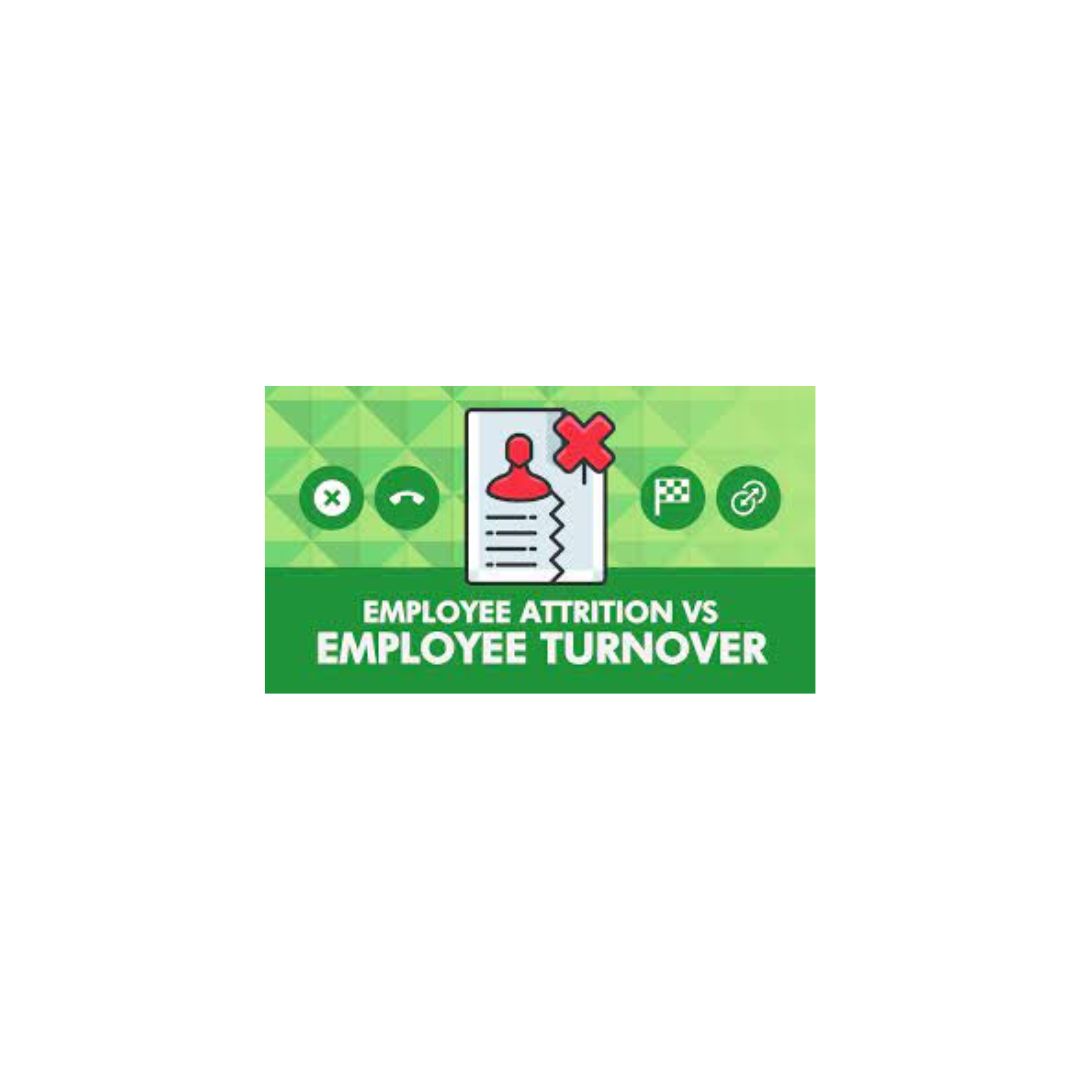Employee Retention Bonus
Employee Retention Bonus An employee retention bonus is a financial incentive offered to current employees to encourage them to stay with the company for a specified period of time. These bonuses can take various forms, such as cash bonuses, stock options, or additional benefits. The goal is to reward employees for their loyalty and commitment… Read More »









